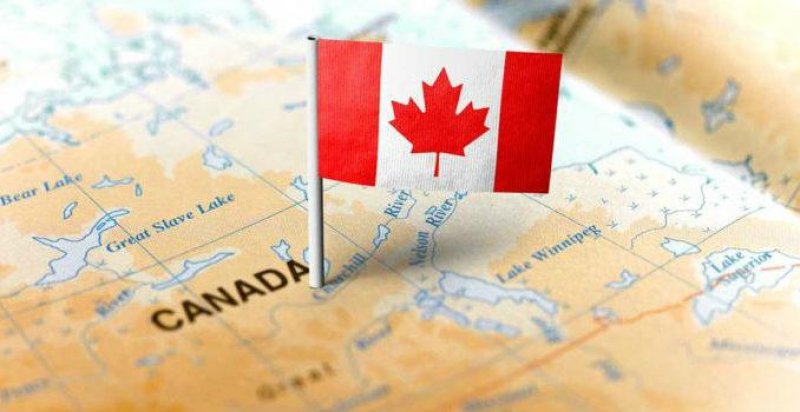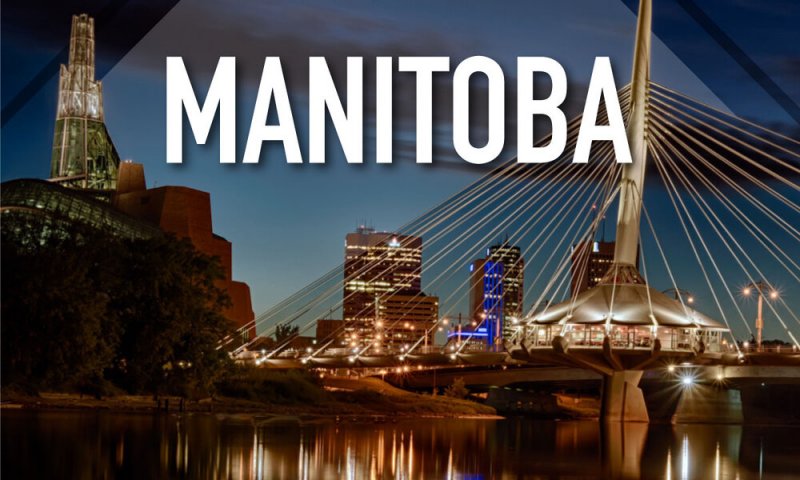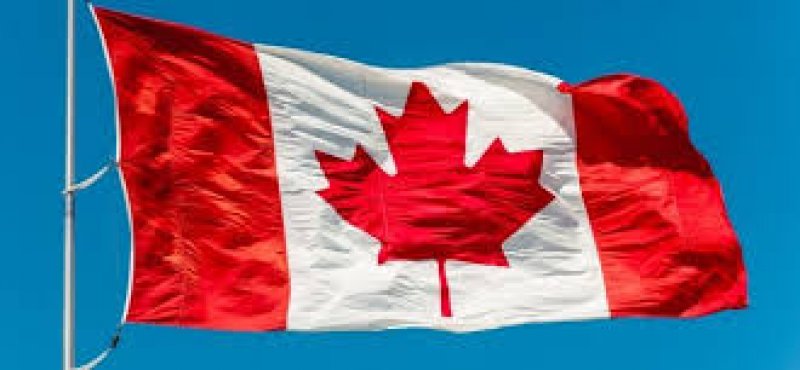
Canada has announced a wave of new measures to update its border and immigration restrictions as the COVID-19 pandemic slowly comes to a conclusion.
In an announcement on November 19, Ottawa laid out its plan for upcoming changes, including:
- The removal of testing requirements for fully vaccinated travellers on short trips out of Canada.
- An expansion of the vaccines accepted by Canada for travellers to be considered fully vaccinated.
- Requirements for certain exempt groups, including international students and most temporary foreign workers, to be fully vaccinated.
“Requiring foreign nationals to be fully vaccinated adds another important layer of protection at the border,” said Immigration Minister Sean Fraser.
“Many foreign nationals and international students arriving in Canada are already fully vaccinated, and the measures announced today will help ensure that Canadians remain protected against COVID-19 as the economy reopens and international travel returns.”
Short Trips Out Of Canada
From November 30, fully vaccinated citizens and permanent residents who depart and re-enter Canada within 72 hours are not required to present a negative PCR test result.
The exemption covers accompanying children under 12 and those who are not vaccinated for medical reasons.
New Vaccines Recognised
Also from November 30, the list of vaccines recognised by Canada will be updated to match the World Health Organisation’s emergency use list.
The Sinopharm, Sinovac and COVAXIN vaccines will be added to the list, which already includes those made by Pfizer, Moderna, AstraZeneca and Johnson & Johnson.
New Groups Required To be Vaccinated
From January 15, Canada is requiring groups of travellers previously covered by exemptions to be fully vaccinated when entering the country.
Those groups are:
- Those travelling to reunite with family.
- International students aged 18 and older.
- Those with a valid work permit, including most temporary foreign workers (not those working in agriculture and food processing).
- Essential service providers, including truck drivers.
- Professional and amateur athletes.
After January 15 unvaccinated or partially vaccinated travellers can only enter Canada if they are covered by an exemption.
Exemptions apply to:
- New permanent residents.
- Agricultural and food processing workers.
- Marine crew members.
- Those entering on compassionate grounds.
- Resettling refugees.
- Some children under the age of 18.
Exempt unvaccinated travellers will continue to be subject to testing, quarantine, and other entry requirements.
Vaccination Required for Travel
From November 30, vaccination will be required for travel within and out of Canada. A PCR test will no longer be accepted as an alternative to vaccination unless travellers are exempt.
“The upcoming changes to Canada’s border testing and entry requirements reflect the next stage in our government’s approach as we align with the improving vaccination rates both here in Canada and around the world,” said Minister of Health Jean-Yves Duclos.
“The situation at our borders remains closely monitored, with officials and experts continuing their work to evaluate the measures in place and recommend necessary adjustments as required.”






There is a growing need to recruit internationally-trained nurses in Canada due to chronic and increasing labour shortages in Canada’s hospitals and clinics.COVID-19’s latest Omicron-fuelled wave